For RV enthusiasts and road trip adventurers, the right RV hitch is the unsung hero that ensures safe travels and smooth cruising. It’s more than just a connector between your vehicle and your home-on-wheels; it’s a critical component that demands careful consideration. But with a plethora of options and technical jargon, navigating the hitch market can be overwhelming. This comprehensive guide is your roadmap to selecting the perfect RV hitch and accessories that match your needs and enhance your next great adventure.
Understanding the Weight of Your Decision: Types of RV Hitches
Weight Distribution Hitches
RV Weight distribution hitches are designed to ensure that the weight of your loaded RV is evenly distributed over the axles of the vehicle and the trailer. This type of hitch can be essential for larger trailers that may otherwise cause your vehicle to sag in the back, potentially impacting steering and braking.
Fifth-Wheel Hitches
Fifth-wheel hitches are the choice for owners of large trailers due to their robust capabilities. They’re mounted in the bed of the truck, offering superior stability and easier maneuverability, especially for on-road performance.
Gooseneck Hitches
Similar to fifth-wheel hitches, gooseneck hitches are placed in the bed of the truck. They’re popular for heavy-duty applications and usually provide a tighter turn radius. Many of today's pick-up trucks come gooseneck-ready from the factory.
Bumper-Mounted Hitches
Bumper-mounted hitches are more common in travel trailers and smaller RVs. They’re typically the most affordable option but may limit the towing capacity and performance, making them suitable for lighter loads over short distances.
Weighing In: Factors to Consider When Choosing an RV Hitch
Tow Capacity of Your Vehicle
Before you go hitch shopping, it’s crucial to know your vehicle's tow capacity. This figure, provided by the manufacturer, dictates the maximum weight each type of hitch can tow. Overlooking this could lead to dangerous overloading or underperformance.
Type and Size of Your RV
The weight and characteristics of your RV will influence the type of hitch you need. A single-axle, lightweight camper may only require a ball mount while a 3-axle luxury trailer will demand a specialized fifth-wheel or gooseneck setup.
Ease of Installation and Use
Consider your comfort level with DIY installation and daily use. Some hitches, like fifth-wheels, may need professional installation or two-person handling, while others can be mounted or unhitched solo with minimal effort.
Compatibility with Trailer Brakes
For heavier loads, a hitch that integrates with your trailer brakes will provide better stopping power and stability. Systems like electronic trailer sway control can make a significant difference in your towing experience.
Accessorize Smart: Essential RV Hitch Accessories
Trailer Sway Control
Trailer sway can be a terrifying experience, causing your vehicle and trailer to oscillate. Sway control systems can be integrated with your hitch or as a standalone addition, dampening the effects of wind gusts and passing vehicles.
Hitch Locks
Protect your investment with a good hitch lock to prevent theft or accidental disengagement. Whether a simple pin lock for bumper hitches or a keyed coupler lock for a fifth-wheel, a secure hitch means peace of mind.
Hitch Covers
Beyond aesthetics, hitch covers shield your hitch from the elements, preventing rust and corrosion. UV-resistant covers can also keep your hitch looking new by warding off sun damage and discoloration.
Hitch Stabilizers
RV Hitch stabilizers reduce movement in your connection, enhancing the feeling that your trailer is a true extension of your vehicle. They are especially beneficial for fifth-wheel and gooseneck hitches that have a pivot point in the bed of a truck.
Staying Hitched: Maintenance Tips for RV Hitches and Accessories
Regular Inspections
A monthly visual inspection can catch issues before they become problems. Look for signs of undue stress, cracks, or loose fittings. Pay particular attention to welds on heavy-duty hitches.
Lubrication
Keeping moving parts well-lubricated is key to smooth operation. Remember to grease the ball and coupler surfaces and any pivot points if your hitch requires sway or tilt.
Proper Storage
When not in use, protect your hitch by storing it indoors or with a weatherproof cover. This will ensure it’s ready to go at a moment’s notice and help to preserve its functionality and appearance.
On the Road Again: Key Takeaways
Choosing the right RV hitch and accessories is a decision not to be taken lightly. It's the fine line between a relaxing voyage and a white-knuckle ride. By considering your vehicle's towing capacity, the type of RV you have, and the conditions you’ll be traveling in, you can narrow down the options and select a hitch setup that’s safe and suited to your style.
Don’t overlook the importance of hitch accessories too – they can transform your towing setup from good to great. Whether it’s sway prevention, security, or just a clean aesthetic, the right add-ons will complement your hitch and your peace of mind.
Lastly, commit to regular maintenance to keep your setup in prime condition. With proper care, your hitch and accessories will provide a lifetime of memorable journeys.
Choosing an RV hitch doesn't need to be a daunting task with the right information at your fingertips. It's about knowing your equipment, understanding your needs, and preparing for the road ahead. Safe travels!

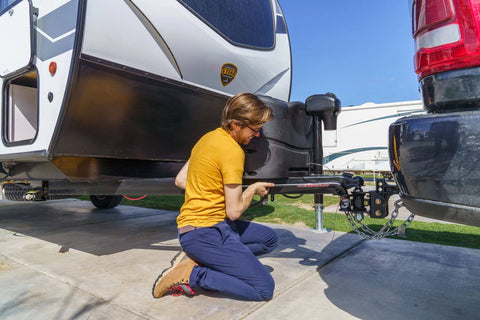
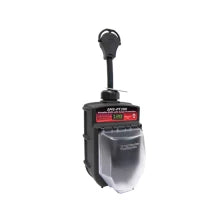
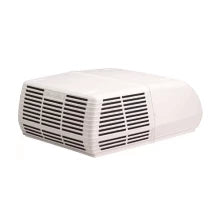
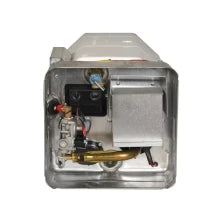
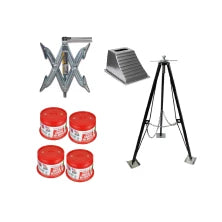
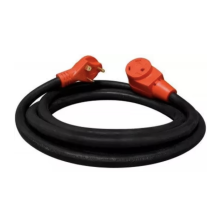
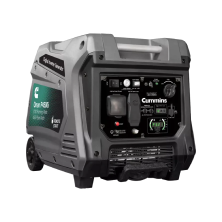
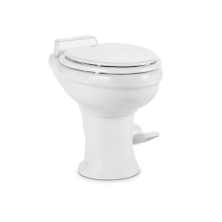
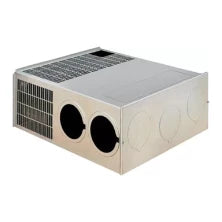
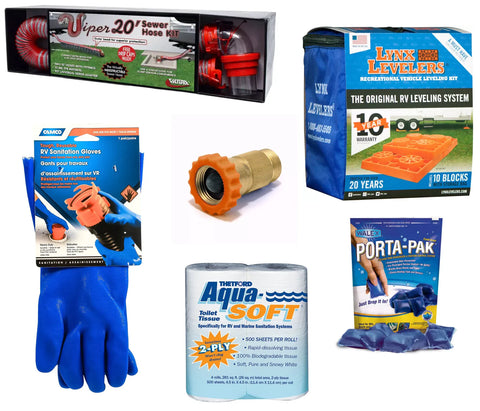
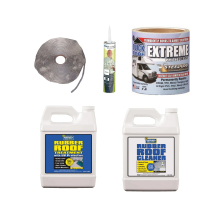
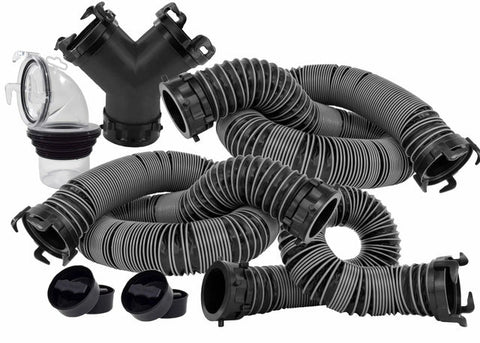
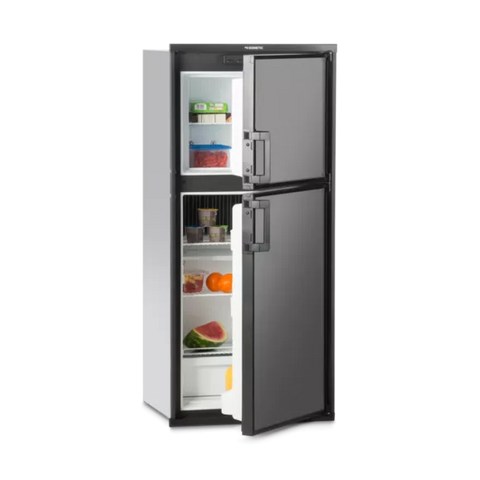
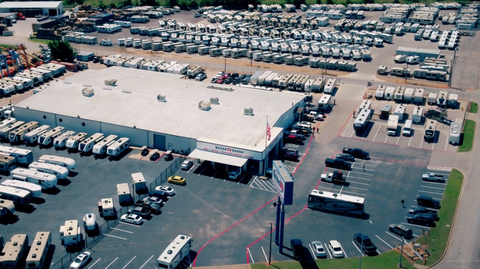
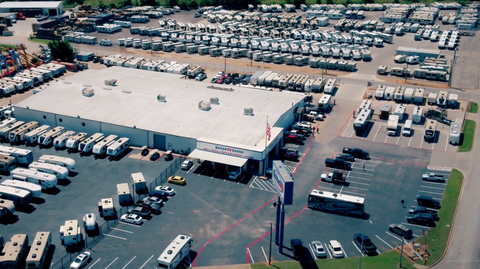
Comments (0)
There are no comments for this article. Be the first one to leave a message!